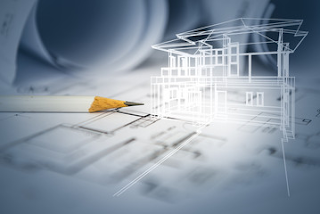Navigating Regulatory Changes: Ensuring NJDEP Permit Compliance with Structural Engineer NJ

In the ever-evolving realm of environmental regulations, maintaining adherence to NJDEP permit requirements is essential for businesses and industries across New Jersey. As regulatory frameworks evolve to address emerging challenges and priorities, structural engineer NJ play a pivotal role in assisting businesses to adapt to these changes and ensure ongoing compliance. NJDEP permit compliance involves a comprehensive effort, addressing various environmental considerations such as air quality, water management, and hazardous waste disposal. Staying updated on evolving regulatory frameworks requires a proactive approach and a thorough understanding of the latest requirements and directives. Structural engineers in NJ are instrumental in helping businesses adjust to evolving regulatory frameworks. Utilizing their expertise in building design and construction, these professionals assist businesses in assessing their current infrastructure and identifying areas where upgrades or adjust





